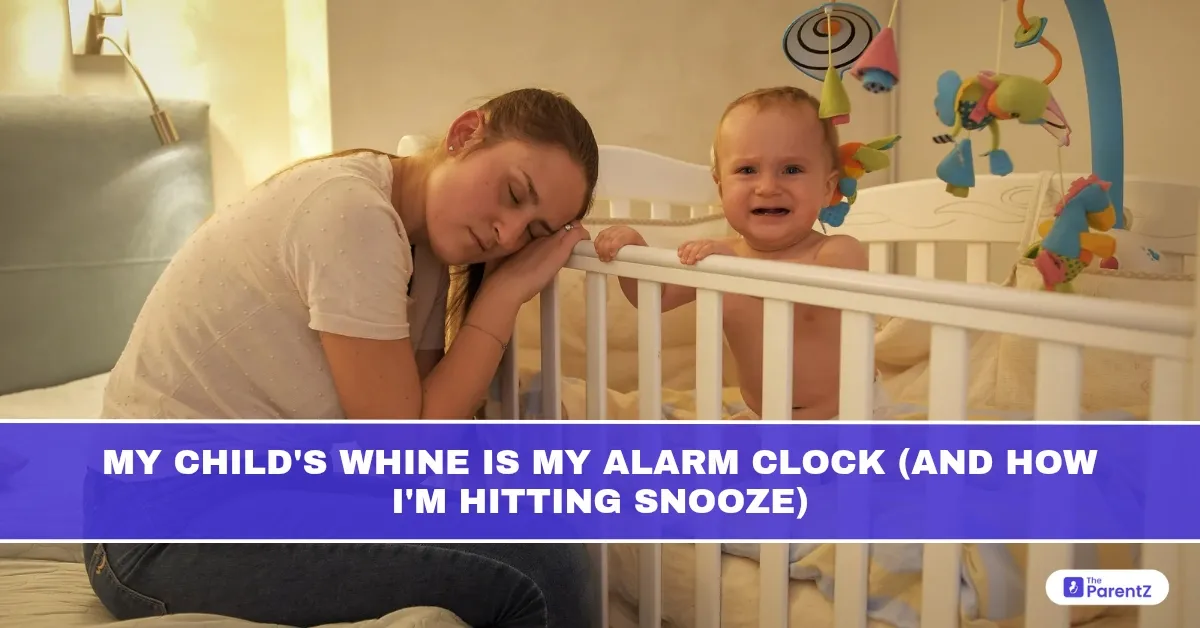You hear it before your eyes even open. That unmistakable high-pitched “Maaaamaaa!” or “I want juice noooow!” whines through the morning air like a siren from a place of tiny chaos. Forget birds chirping or soft sunlight—the first sound that stirs you most mornings is your child’s whine.
No one told you parenting would sound like this. And yet, here you are, head on the pillow, pulse rising, trying to remind yourself this is normal.
Read below this article to explore how you can, in real life, hit the snooze button on your kid’s whines.
It’s Not About the Juice
That early morning whine isn’t about juice. Not really. It’s about needing something—comfort, connection, attention—and not knowing how to ask for it without the dramatic soundtrack. Whining is often their go-to when they’re too tired, too overwhelmed, or too emotionally raw to be articulate.
And let’s be honest—you’re probably too tired and overwhelmed to be your best self at that hour, too.
You Can’t Control the Whine—But You Can Control the Volume on Your Reaction
Here’s what you’ve learned the hard way: snapping never works. Not for long. And whispering sweetly through clenched teeth doesn’t help either.
What does help is noticing the pattern. When does the whining happen? Is it always tied to transitions, to hunger, to tiredness, to you being just a bit too far away emotionally?
When you shift your focus from silencing the whine to decoding it, something changes. You respond instead of react. And you feel less like a pressure cooker about to explode.
Hitting Snooze Isn’t About Ignoring—It’s About Regrouping
Sometimes hitting snooze just means taking a moment. Before answering. Before problem-solving. Before diving headfirst into the drama.
You might take a deep breath. You might step into the bathroom for 30 seconds of alone time. Or you might say, “I hear you. I’ll help you in a moment,” to give yourself (and your child) a pause button.
That pause is your emotional snooze. It doesn't make the whine go away instantly—but it makes you less reactive, more intentional.
Finding Your Morning Rhythm Again
You don’t need a picture-perfect morning routine. But you do need one that doesn’t feel like a daily ambush. So maybe you wake up 10 minutes earlier than your child, just to sip coffee in silence. Maybe you prep breakfast at night to buy yourself time.
Whatever helps you soften that harsh entry into your day? Do more of that.
Because you deserve a morning that feels less like a fire drill and more like a gentle nudge.
Conclusion
The irony is that the whining stage won’t last forever. Soon, you’ll wake up to silence—and might even miss the days when your presence alone could solve someone’s entire world.
At the end, what will stay with you—and with your child—is how you handled the stormy mornings.





Be the first one to comment on this story.